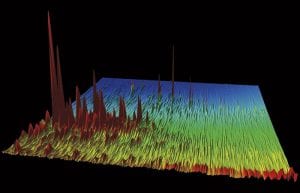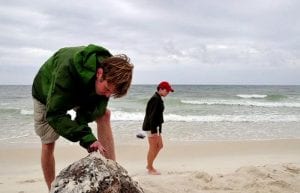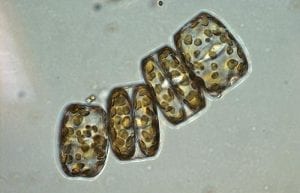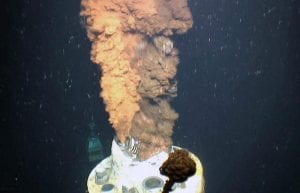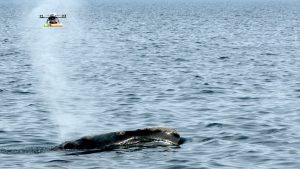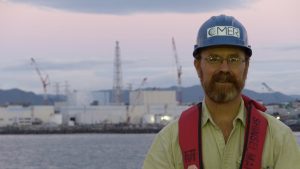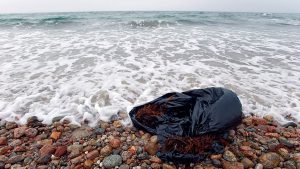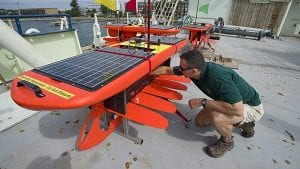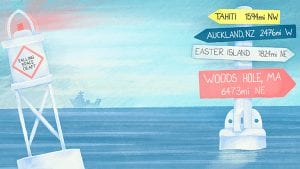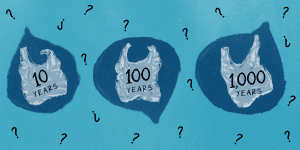Research Highlights
Oceanus Magazine
News Releases
A first of its kind study links drone-collected respiratory microbes with health assessments, offering hope for protecting vulnerable populations
The findings underscore the USS Arizona’s dual role as a solemn memorial and a “living laboratory.”
Buesseler joins a distinguished group of scientists, leaders and communicators recognized by AGU for advancing science.
While the impacts of plastic pollution on human health and the environment are growing, the report finds, increasing harm due to plastics is not inevitable.

